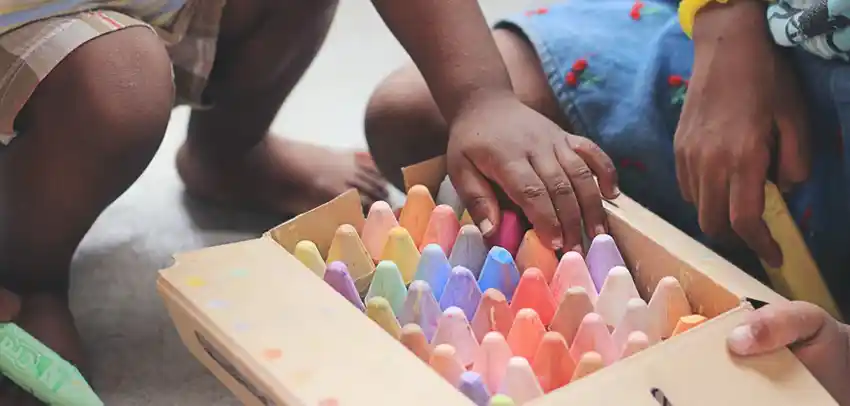Measurement is a fundamental concept in both math and science education. It allows us to understand and compare the physical properties of objects and phenomena. Montessori education, with its emphasis on hands-on learning and concrete materials, provides a unique approach to teaching measurement that engages and deepens children’s understanding of this important mathematical concept.
The Montessori Approach to Measurement
In a Montessori classroom, measurement is introduced through carefully designed materials that offer children the opportunity to actively explore and understand different units of measurement. These materials typically include measuring tapes, scales, graduated cylinders, and a variety of objects with measurable attributes.
Hands-On Learning
One of the key advantages of Montessori materials for teaching measurement is their hands-on nature. Children have the freedom to manipulate and interact with the materials, allowing them to directly perceive the physical properties and dimensions being measured. This hands-on approach helps foster a deep understanding of measurement that goes beyond rote memorization.
Concrete to Abstract
The Montessori measurement materials are designed to start with concrete experiences and gradually move towards more abstract concepts. For example, children may begin by measuring the lengths of various objects using a measuring tape. As they progress, they will learn to convert between different units of measurement and solve more complex measurement problems. This progression from the concrete to the abstract ensures that children develop a solid foundation in measurement that can be applied to real-life situations.
Independent Learning
Another benefit of Montessori materials is that they promote independent learning. Children are encouraged to explore and work with the measurement materials at their own pace. This allows them to develop a sense of ownership and responsibility for their learning, fostering a growth mindset and a love for math and science.
Application and Integration
Montessori measurement materials are not used in isolation but are integrated into a variety of activities and subjects. For example, children may use measuring cups and spoons in practical life activities such as cooking or pouring liquids, allowing them to directly apply their measurement skills in a real-life context. They can also explore measurement in science experiments or incorporate measurement concepts into art projects. This interdisciplinary approach nurtures a holistic understanding of measurement and its relevance in different areas of life.
Montessori materials provide a powerful tool for unlocking the world of measurement. Through hands-on learning, a progression from concrete to abstract, and integration into various subjects, these materials transform the way children engage with and understand measurement concepts. By nurturing independent learning and fostering a love for math and science, Montessori education equips children with a lifelong appreciation for the importance and application of measurement.
Nidhin
For More Details Call: +917510220582



